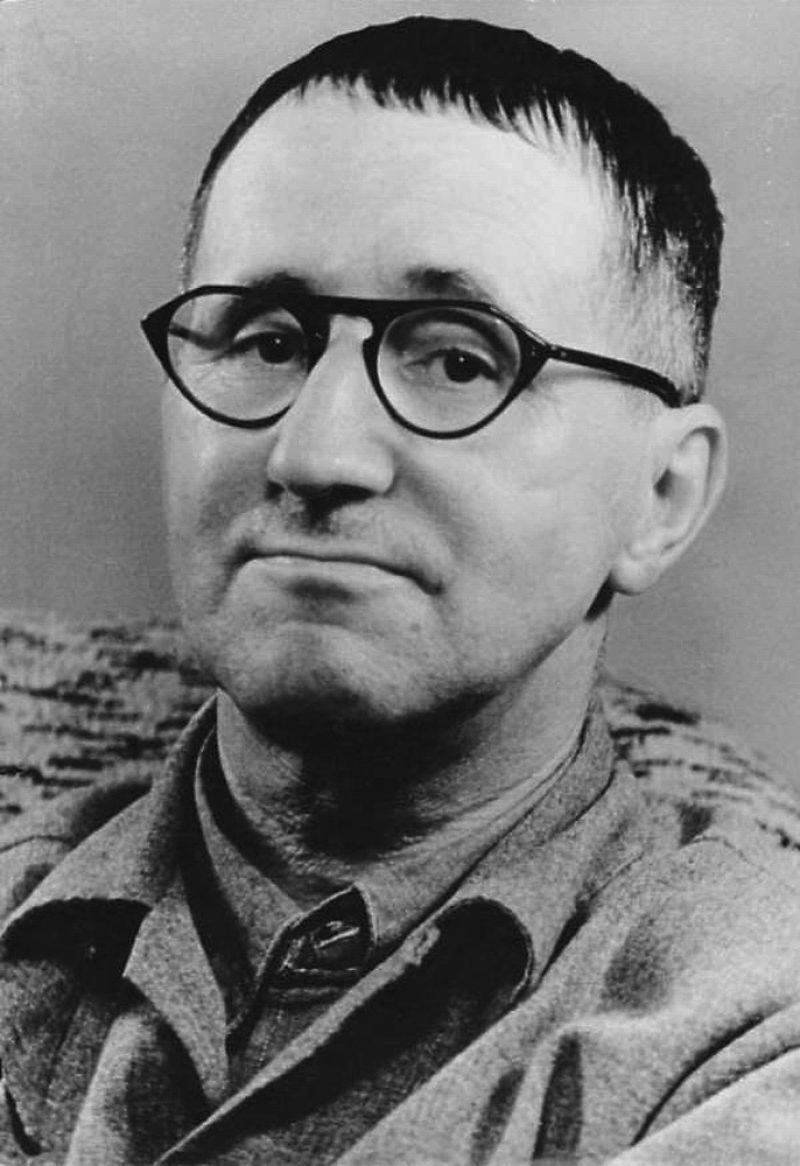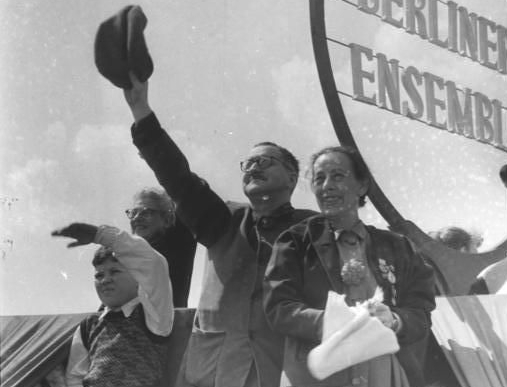A Worker Reads History by Bertolt Brecht

Bertolt Brecht is an eternal darling of leftist lovers of poetry. As a young man, Brecht discovered Marxism in the process of looking for methods to politicise his artistic aesthetic. Brecht’s work is thus built on historicism and critique of established institutions, as well as the various myths surrounding these institutions.
This artistic methodology of Brecht is best seen in his poem A Worker Reads History. Here, Brecht recounts centuries of historical events, which he exaggerates in order to emphasise the place of the Worker. Brecht shows the historical events as impermanent and transitory, with one constant: mighty buildings and great men change, but cooks and builders remain. The poem contains little description – as most of Brecht’s work, it is intended to alienate the reader and put them outside of the described events so that the reader can adopt a critical attitude.
Maryam Pashali
*

Who built the seven gates of Thebes?
The books are filled with names of kings.
Was it the kings who hauled the craggy blocks of stone?
And Babylon, so many times destroyed.
Who built the city up each time? In which of Lima’s houses,
That city glittering with gold, lived those who built it?
In the evening when the Chinese wall was finished
Where did the masons go? Imperial Rome
Is full of arcs of triumph. Who reared them up? Over whom
Did the Caesars triumph? Byzantium lives in song.
Were all her dwellings palaces? And even in Atlantis of the legend
The night the seas rushed in,
The drowning men still bellowed for their slaves.
Young Alexander conquered India.
He alone?
Caesar beat the Gauls.
Was there not even a cook in his army?
Phillip of Spain wept as his fleet
was sunk and destroyed. Were there no other tears?
Frederick the Great triumphed in the Seven Years War.
Who triumphed with him?
Each page a victory
At whose expense the victory ball?
Every ten years a great man,
Who paid the piper?
So many particulars.
So many questions.
Bertolt Brecht



